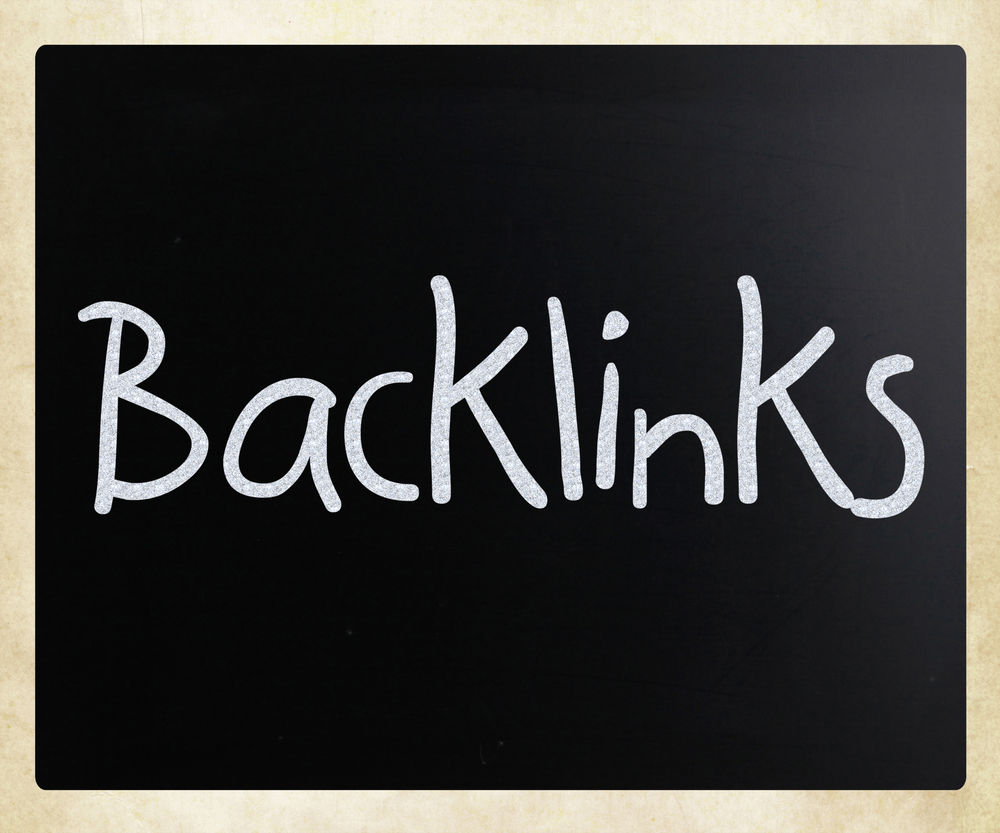With each rollout of Google algorithm updates, the latest of them being Penguin 3.0, Panda 4.1 and of course Pirate 2.0, small to medium businesses (SMB) face an increasingly huge challenge: dealing with back links. Management and maintenance of back links has become very important to Google, but most SMBs are ill equipped to handle this aspect of SEO. In fact, many don’t even know that this is an area that requires attention.
Links are Important
Often, after a client has had their site hit following Penguin update rollouts, the question of whether links are needed at all for favorable rankings often arises. Research has shown that out of the top five factors considered by the search algorithm, four relate directly to the links that a page/site has. So then yes, links are still important.
While you can have and invest in great content, that alone is not sufficient. There are very few site/content marketers that can create content which gets natural links sans any further input. For the masses, however, back links can only be gotten by a conscious effort towards marketing and promoting the site.
Dangerous Links are More Common than you Think
Because of the limitation in budget for SMBs, most of them begin their London SEO initiatives by settling for lower cost services which seem to bear fruit much faster. Such services usually employ barely acceptable tactics to generate back links for a site – you pay some fee to get so many back links or directory listings. These were not a problem in the past, but with new algorithm updates, the same links are now considered sacrilegious.
Another problem that affects SMB is that some of the owners don’t understand that social bookmarks, citations and directory listings are in essence back links to the site. It’s not uncommon to see an owner claiming to be immune to Penguin since they haven’t ever purchased links, and yet they have bought directory citations that have dofollow links.
When it comes to Penguin and linking however, ignorance is no defense; just because you don’t know what links are doesn’t mean you’ll be exempted from Penguin.
Effect on SERP Ranking
Before 2012, it was the common school of thought that links had no effect on your SERP indexing. This followed an official statement from Google in 2006 stating that while spammy links wouldn’t directly harm a site, they wouldn’t help either.
When the disavow tool was launched in 2012, sites were directed to be very selective in their use of the tool. This was thrown out last year when Google advised webmasters to use the disavow tool to maintain their sites’ back link situation.
Back links are important factors for SERP rankings, but now the burden of determining what links are good or bad has shifted from Google to the SMB sites. This means that there must be a regular mechanism in place to continuously examine the links a site has. All unacceptable links should be disavowed.
It seems that such preventive maintenance is the only way to stay on top of any arising issues and hence prevent a bigger problem down the line.
Author Bio: This article was authored by Michael Bentos, who is a qualified SEO professional based in London. If you are after a top London SEO, then check out services at Paradox SEO.





